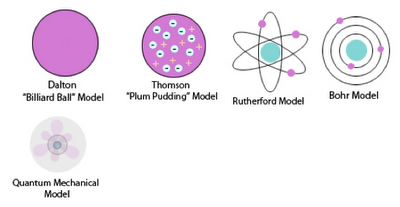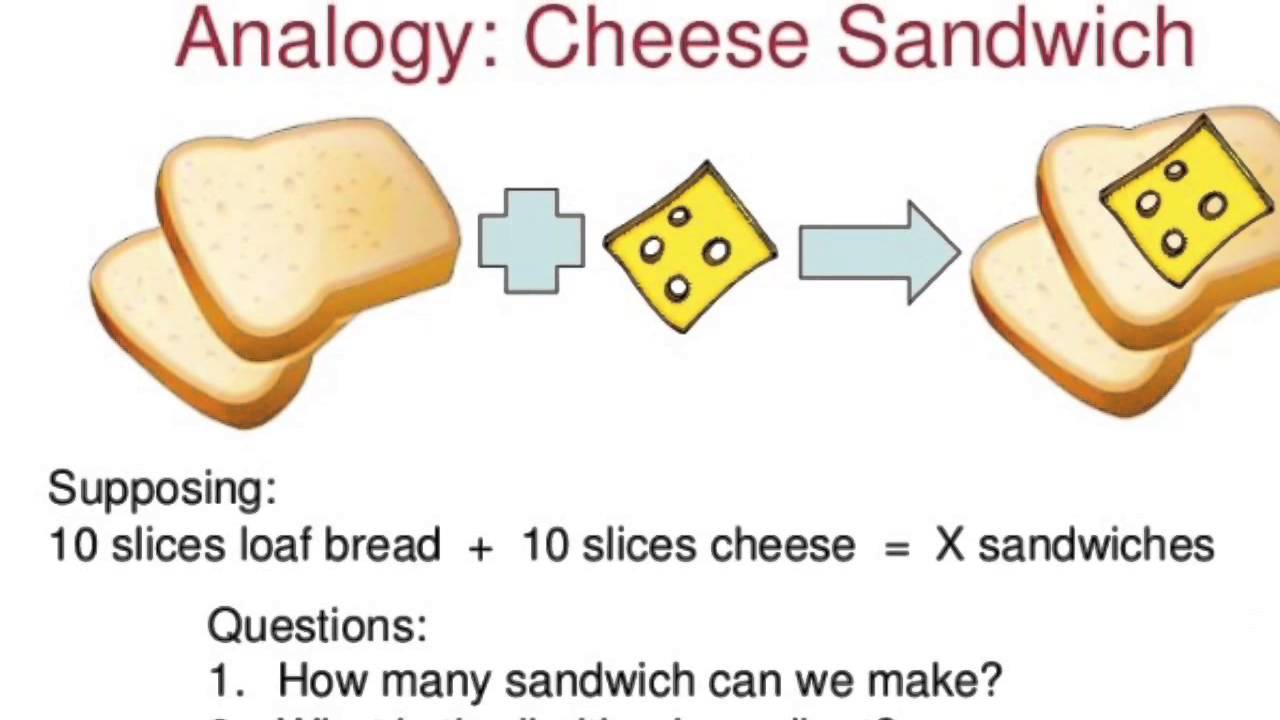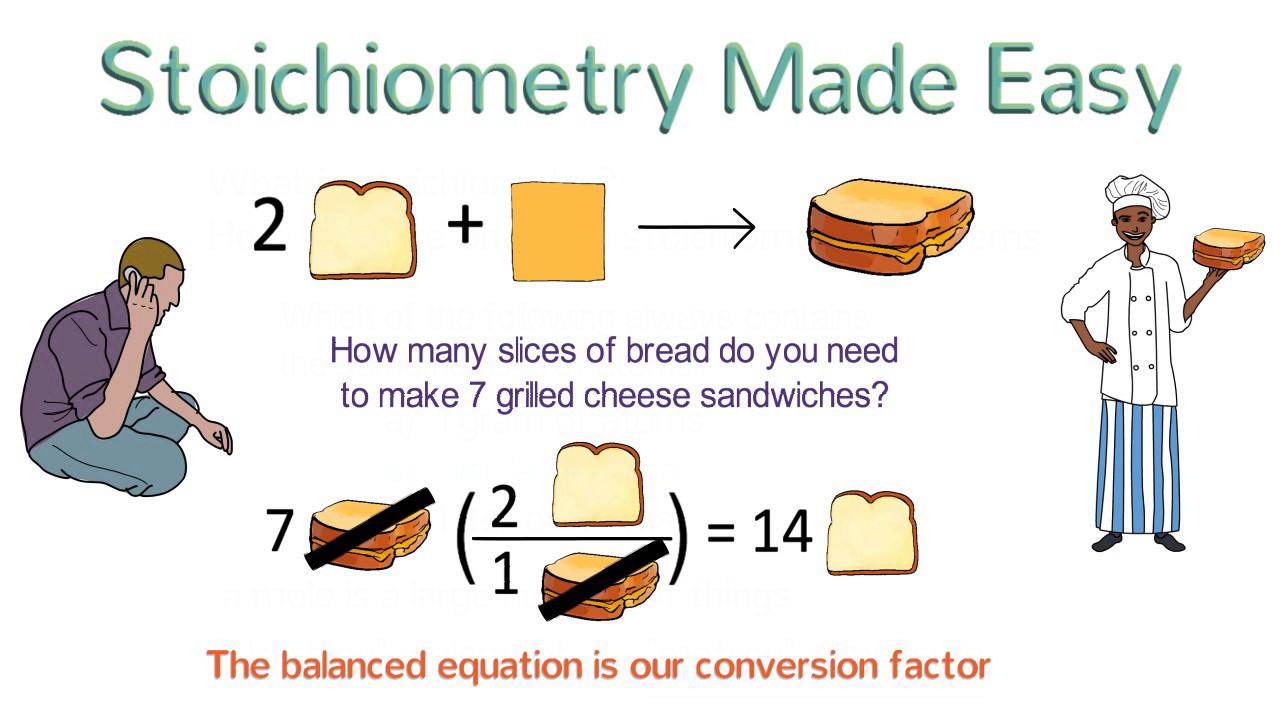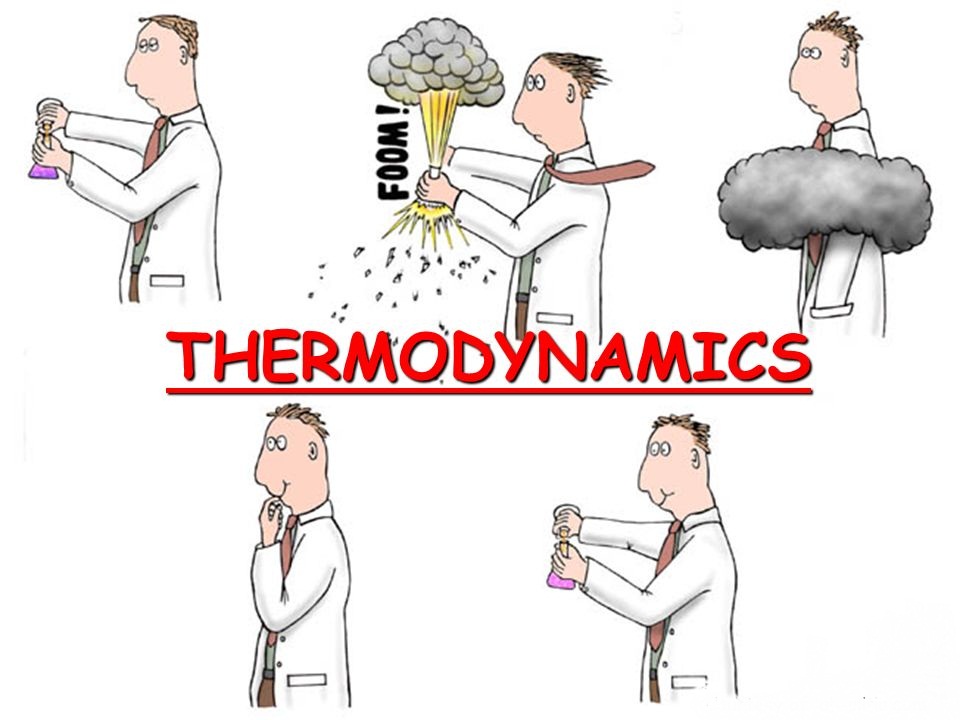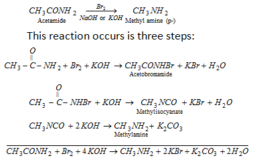Dalton atomic theory

sutori.com

len.com.ng
To provide justification to the laws of chemical combination, Dalton proposed atomic theory. The basic postulates of the theory are as follows,
1-Each element is composed of extremely small particles called atoms.
2- Atoms of the same element are identical.
3- Atoms of different elements are different. Atoms of different elements possess different properties.
4- Atom is the smallest unit that takes part in chemical reactions.
5- Atoms of two or more elements combine in a simple whole-number ratio to form a compound.
6- Atoms are neither created nor destroyed in chemical reactions.
Limitations of Dalton’s atomic theory-
The main drawbacks are,
1) It could explain the laws of chemical combination by mass but can not explain the Gay Lussac’s law of combining volumes.
2) It could not explain why do atoms combine to form a molecule.
3) It could not explain the nature of forces which hold the atoms and molecules in solid, liquid & gaseous state.
4) It could not explain why should atoms of an element differ in their masses.
5) It could not explain why atoms of different elements have different masses, size & valencies.
6) It could not justify the Berzelius hypothesis.
7) It gave no satisfactory explanation between the ultimate particle of an element& that of a compound.
